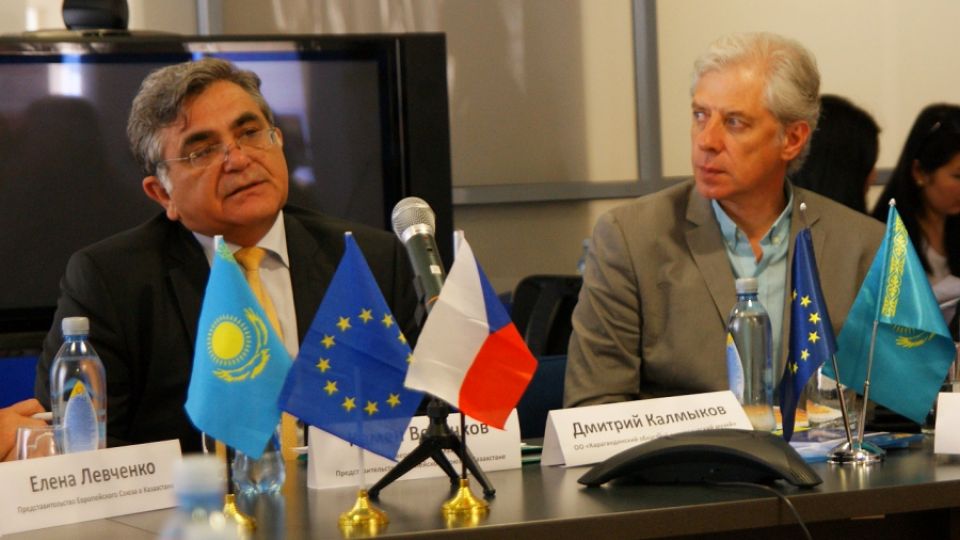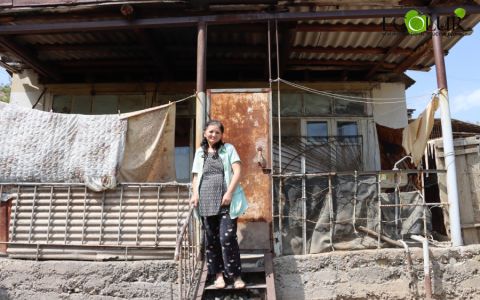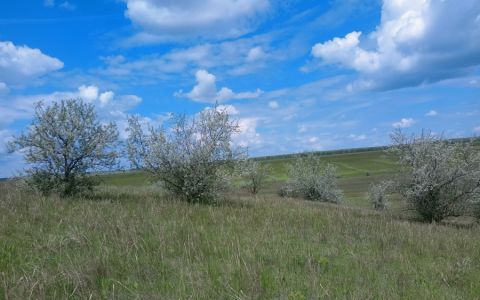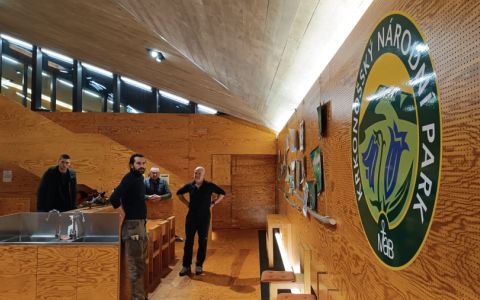The international conference "Toxics Free Kazakhstan - How to Improve the Situation?" took place on August 7, 2014 in Astana. Kamen Velichkov, Charge de Affairs, made a welcome speech on behalf of European Delegation to Kazakhstan, and mentioned important steps to improve chemical safety. (Информация на русском в приложеном файле внизу.)
Dear ladies and gentlemen, honorable participants and guests, ladies and gentlemen, journalists and experts,
I am pleased to welcome you at the international conference "Toxics Free Kazakhstan" on behalf of the European Union. The conference is held within the project "Empowerment of civil society to improve chemical safety in the Republic of Kazakhstan", funded by the European Union in the amount of 247.834 EUR.
Overall objective of the project is to empower the civil society in Kazakhstan in reduction of poverty via improvement of chemical safety. The overall objective reflects the current situation in Kazakhstan, where violations to the right to a healthy environment and access to natural resources threatens the life, health, means of subsistence and well-being of Kazakhstan’s population and is one of the principal causes of poverty and the possible growth of social tensions in the country.
Presentations at the conference will present preliminary results of full set of research at some pollution hotspots in Central Kazakhstan. These results show necessity of remediation of certain contaminated sites as well as measures needed to be taken to control pollution especially by substances like dioxins or heavy metals. Findings and suggestions are fully compliant with national strategies prepared and/or agreed by Kazakhstani government:
1/ Conception of Kazakhstan on transition to green economy and Strategy "Kazakhstan 2050",
2/ National Implementation Plan of the Republic of Kazakhstan on the Obligations under the Stockholm Convention on Persistent Organic Pollutants,
3/ The state program of Kazakhstan health care development "Salamatty Kazakhstan".
Research done within the project also contributes to fulfilment of promised steps in National Implementation Plan of the Stockholm Convention as it brings new data about contaminated and/or polluted sites by persistent organic pollutants (POPs). It also set basis for potential future obligations under new Mercury Convention if Kazakhstan will decide to join it.
As the project is not focused only on research of toxic hotspots it contributed to enlargement of active role that is played by civil society in the field of environment protection in Kazakhstan by establishment an informal network of CSOs (civil society organizations) and through the support for selected projects lead by local NGOs focused on chemical safety and waste management issues.
Environmental education and enlargement of general knowledge about chemicals’ role in the environment and threats caused by toxic pollution to environment and public health are important parts of project activities and we believe that enlightenment done on this field during the project will bring improvement of chemical safety in Kazakhstan. We also believe that Kazakhstani society can profit from broader participation of CSOs in preparation of national and/or regional strategies and decisions about specific projects as well as from open access to information about chemical releases and transfers e.g. via introduction of open PRTR (pollutant release and transfer register) system.
To address pollution by unintentional releases of POPs such as polychlorinated dioxins and furans, as well as PCBs and chemicals of similar nature, the project team in agreement with involved CSOs suggests:
1) to establish publicly available inventory of their releases in the way as it exists in the form of PRTR
2) to focus on measures in large metallurgical facilities by using technologies for reduction of fine particles releases and filters reducing emissions of both POPs and heavy metals
3) to make an inventory of contaminated sites by these chemicals followed by remediation plans which can be financially supported through the mechanisms of international conventions
4) to add in environmental legislation special requirements that will oblige enterprises to destroy or irreversibly transform POPs in wastes which exceed certain limits called “low POPs content” (e.g. for PCBs 50 mg/kg)
5) to add in environmental legislation the requirements about time limits for operation with PCB-contaminated electrical equipment
6) to add in national EIA procedures the requirements about obligatory assessment of POPs releases
I would like to express my confidence that this conference will be very useful for the successful continuation of the project. Thus, let me wish you fruitful discussions and give a floor to our esteemed representatives and project participants.







